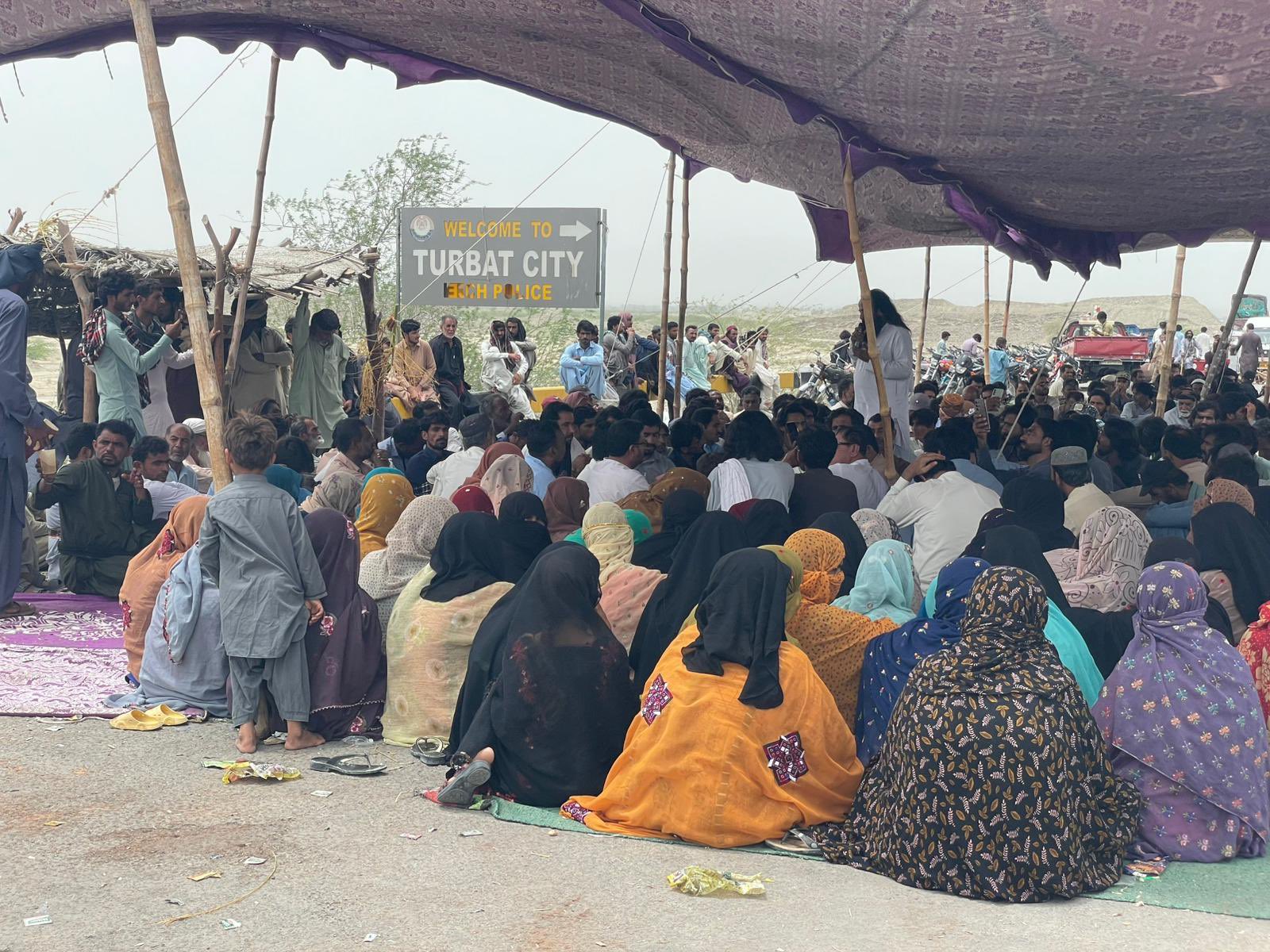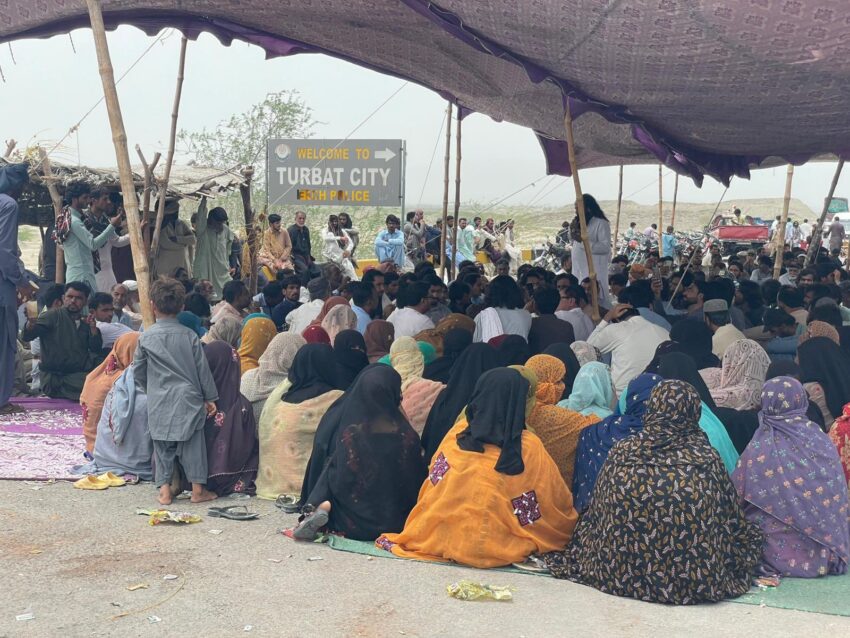
Balochistan [Pakistan], June 30 (ANI): The sit-in protest against the blockade of the Abdohi border in Balochistan entered its fourth consecutive day on Sunday, according to the Baloch Yakjehti Committee (BYC), a Baloch human rights organisation.
Sharing the details in a post on X, BYC said that the sit-in protest entered fourth day against the ‘state-driven economic exploitation’.
BYC highlighted that people from all walks of life- civilians, traders, drivers and labourers continued their protest under extreme weather conditions, demanding the opening of the border and an end to their economic exploitation.
Balochistan, despite being rich in natural resources such as gas, minerals, and coastal assets, remains one of the poorest and most underdeveloped regions of Pakistan.
“Today marks the fourth consecutive day of sit-in protest at D- Baloch Kech, against the closure Abdohi border in Kech, where civilians, traders, drivers and labourers continue their sit-in under extreme heat. Their demand is that economic exploitation must end, and the border must reopen”, BYC wrote on X.
It further added, “In solidarity with the protesters, Syad Bibi Baloch, representative of the Baloch Yakjehti Committee (BYC), addressed the gathering, condemning the state’s deliberate use of economic pressure as a weapon of control. The representative emphasized that the blockade is not an isolated policy it is part of a systemic attempt to cripple Baloch livelihoods and suppress their right to survive with dignity.”
𝗢𝗻𝗴𝗼𝗶𝗻𝗴 𝗦𝗶𝘁-𝗜𝗻 𝗶𝗻 𝗗-𝗕𝗮𝗹𝗼𝗰𝗵, 𝗞𝗲𝗰𝗵 𝗘𝗻𝘁𝗲𝗿𝘀 𝗗𝗮𝘆 𝟰 𝗢𝘃𝗲𝗿 𝗔𝗯𝗱𝗼𝗵𝗶 𝗕𝗼𝗿𝗱𝗲𝗿 𝗕𝗹𝗼𝗰𝗸𝗮𝗱𝗲 𝗮𝗻𝗱 𝗦𝘁𝗮𝘁𝗲-𝗗𝗿𝗶𝘃𝗲𝗻 𝗘𝗰𝗼𝗻𝗼𝗺𝗶𝗰 𝗘𝘅𝗽𝗹𝗼𝗶𝘁𝗮𝘁𝗶𝗼𝗻
Today marks the fourth consecutive day of sit-in protest at D- Baloch… pic.twitter.com/sLMzSyPZ4B
— Baloch Yakjehti Committee (@BalochYakjehtiC) June 29, 2025
Balochistan has been the focus of persistent human rights concerns for decades.
The region has faced cycles of violence involving separatist movements, heavy military presence, enforced disappearances, and economic marginalisation. These issues have drawn attention from human rights organisations, journalists, and international observers.
Human rights groups have long accused Pakistani authorities of abducting civilians in Balochistan without due process, using enforced disappearances to suppress dissent and intimidate communities in restive areas. Pakistani authorities routinely deny these allegations, but civil society continues to condemn the security forces’ role in systematic abductions targeting students, political workers, and residents. (ANI)



